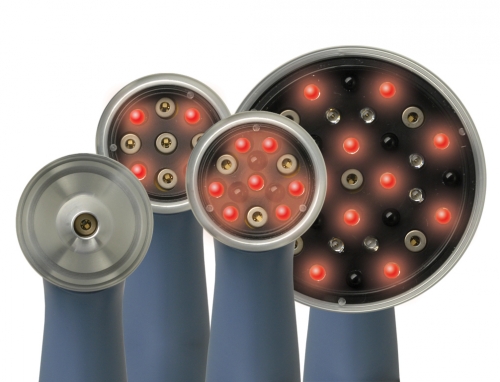Is Frequent Joint “Cracking” Harmful to Joints?
Several studies have investigated as to whether habitual joint cracking is harmful to the cavitated joint, especially with respect to the incidence of degenerative joint disease (osteoarthritis). In 1975, researchers for the Departments of Medicine and Rehabilitation Medicine at the University of Southern California School of Medicine in Los Angeles, CA, published a study in the Western Journal of Medicine, titled (7):
The Consequences of Habitual Knuckle Cracking
The authors note that habitual knuckle cracking has been considered to be a cause of arthritis. Knuckle cracking appears to cause some comfort or satisfaction to the person doing it; however, it has been claimed, “arthritis would be an inevitable outcome.” As a consequence, many children with this habit are chided to stop cracking their knuckles lest arthritis or enlarged knuckles or both develop.
Knuckle cracking appears to be a habit that begins in childhood and persists into adult life.
In this study, 28 (average age 78.5 years) patients were examined clinically and by x-ray; 15 were habitual knuckle crackers and 13 were not (controls).
The authors found that only one subject with a history of knuckle cracking showed metacarpal-phalangeal degenerative joint disease (DJD). In contrast, 5 of the control subjects (non-knuckle crackers) had metacarpal-phalangeal degenerative joint disease.
Elderly people (average 78.5 years) and knuckle cracking / osteoarthritis
|
|
Yes Habitual Knuckle Cracking N= 15 |
No Habitual Knuckle Cracking N= 13 |
|
Yes Knuckle Osteoarthritis |
1 |
5 |
|
No Knuckle Osteoarthritis |
14 |
8 |
|
Percentage with Osteoarthritis |
6.7% |
38.5% |
These authors observed that every patient with metacarpal-phalangeal degenerative joint disease, whether or not they were knuckle crackers, also had radiographic evidence of distal hand degenerative joint disease, suggesting that “metacarpal-phalangeal degenerative joint disease is a function of whatever the predisposing factors are to osteoarthritis” and that
“metacarpal-phalangeal degenerative joint disease is not a consequence of knuckle cracking.”
These authors also made these comments:
This survey of a “geriatric patient population with a history of knuckle cracking failed to show a correlation between knuckle cracking and degenerative changes of the metacarpal phalangeal joints.”
“The data fail to support evidence that knuckle cracking leads to degenerative changes in the metacarpal phalangeal joints in old age.”
“The chief morbid consequence of knuckle cracking would appear to be its annoying effect on the observer.”
This study concludes that habitual knuckle cracking does not increase the incidence of cracked knuckle osteoarthritis. However, in reviewing the data, their findings could have been interpreted differently:
1/15 knuckle crackers had knuckle DJD, = 6.7%
5/13 who did NOT crack their knuckles had knuckle DJD, = 38.5%
An alternative interpretation could be that habitual knuckle cracking significantly reduces the incidence of knuckle degenerative joint disease. Mathematically, it is an 82% reduction.


